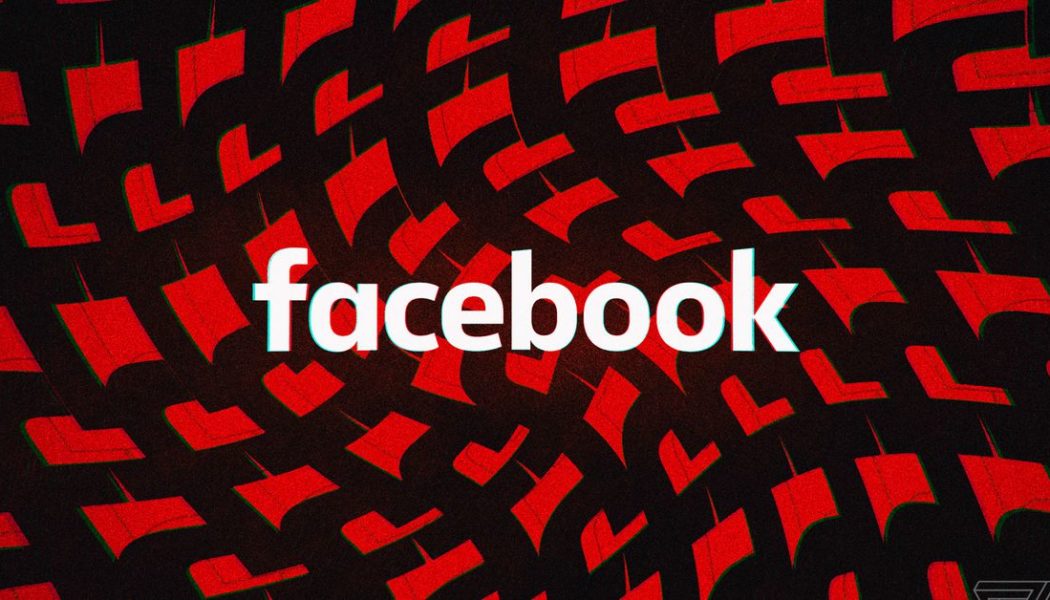
The Oversight Board, a semi-independent body that reviews Facebook’s moderation policies, announced on Tuesday that it wants more information about the “cross-check” system Facebook uses to “review content decisions relating to some high-profile users.” Cross-check is getting called into question because of a report from The Wall Street Journal that claimed the system lets high-profile users break the rules.
“In light of recent developments, we are looking into the degree to which Facebook has been fully forthcoming in its responses in relation to cross-check, including the practice of whitelisting,” the board writes. “We expect to receive a briefing from Facebook in the coming days and will be reporting what we hear from this as part of our first release of quarterly transparency reports, which we will publish in October.”
Cross-check (sometimes referred to as XCheck) is supposed to add an extra level of scrutiny to high-profile moderation calls that could cause controversy for Facebook. But the Journal claims it covered a huge swathe of 5.8 million people in 2020, and only 10 percent of the posts sent to the program got reviewed by Facebook’s second layer of specialized moderators. According to the report, users included in the program include Senator Elizabeth Warren, conservative commentator Candace Owens, and former President Donald Trump.
Trump’s relative protection via cross-check came up in the board’s decision to uphold the former President’s Facebook ban. At the time, the board noted that there’s limited public information about cross-check reviews — a 2018 blog post is one of the most recent. It advised the company to “clearly explain the rationale, standards, and processes of review, including the criteria to determine which pages and accounts are selected for inclusion.”
As with all Oversight Board actions, Facebook allows itself some flexibility in how to respond. The company has publicly committed to following the organization’s calls on individual moderation decisions but reserves the right to not follow broader recommendations. It’s also not legally bound to follow the board’s rules. With today’s announcement and renewed pressure to clarify a program with issues Facebook’s already working to address, maybe we’ll finally learn more about the controversial program.








